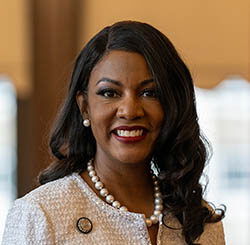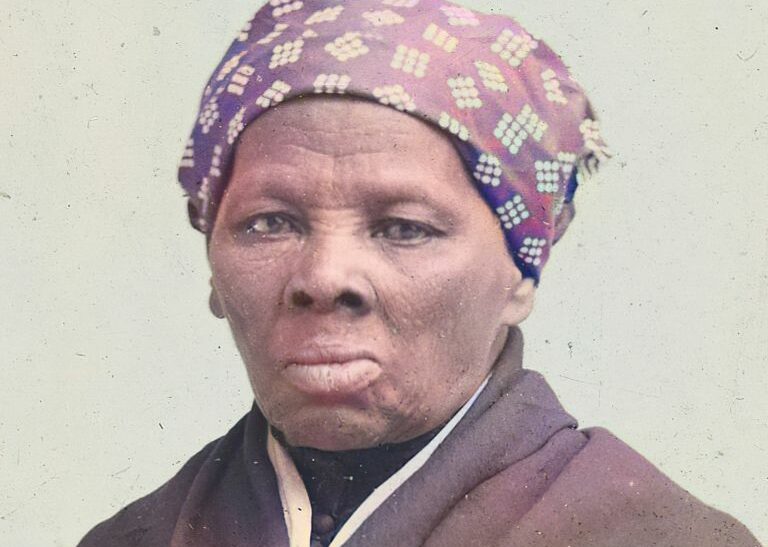
April 12, 2025
Pilot Who Died In Hudson River Crash Was Navy SEAL Veteran Who Recently Moved To New York
Th 36-year-old Sean Johnson had recently moved to the area.
On April 10, a family from Barcelona, Spain, was killed in a helicopter that crashed into the Hudson River. The pilot of the aircraft, Sean Johnson, who also died in the accident, was reportedly a Navy SEAL veteran who had recently moved to New York.
According to The Gothamist, Johnson moved to New York City to continue his aviation career but was killed in the crash as the helicopter he was operating lost parts and fell into the Hudson River. Reports stated that the video of the crash revealed that the rotors of the helicopter separated from the aircraft while it was in the air, leading to his death along with the passengers, an executive who worked at Siemens, Agustin Escobar, who was in the helicopter with his wife, Merce Camprubi Montal, and their children, aged 4, 5, and 11.
The media outlet spoke to the pilot’s wife, Kathryn Johnson, who is still struggling with this news about her husband’s death.
“ I’m just at loss for words. I don’t even know what happened. It’s just hard right now.”
A video clip on Sean’s Facebook page, posted two weeks ago, shows him flying over the city in a helicopter. He was operating a Bell 206 helicopter, which was similar to the chopper he was killed in.
Kathryn said she and Sean had recently separated in the last few months but remained close. They did speak the day before his death, she said. The 36-year-old was a Navy veteran who performed a number of jobs after leaving the service, including working on a TV show and working as a bodyguard for celebrities. But despite his recent jobs, she said he “always wanted to fly.”
The National Transportation Safety Board and Federal Aviation Administration are investigating what caused the deadly crash. Peter Goelz, a former managing director at the NTSB, told CNN that the incident was “a catastrophic failure and very unusual.”
New York City officials said the helicopter crashed less than 20 minutes after taking off from the Downtown Skyport on the East River.








